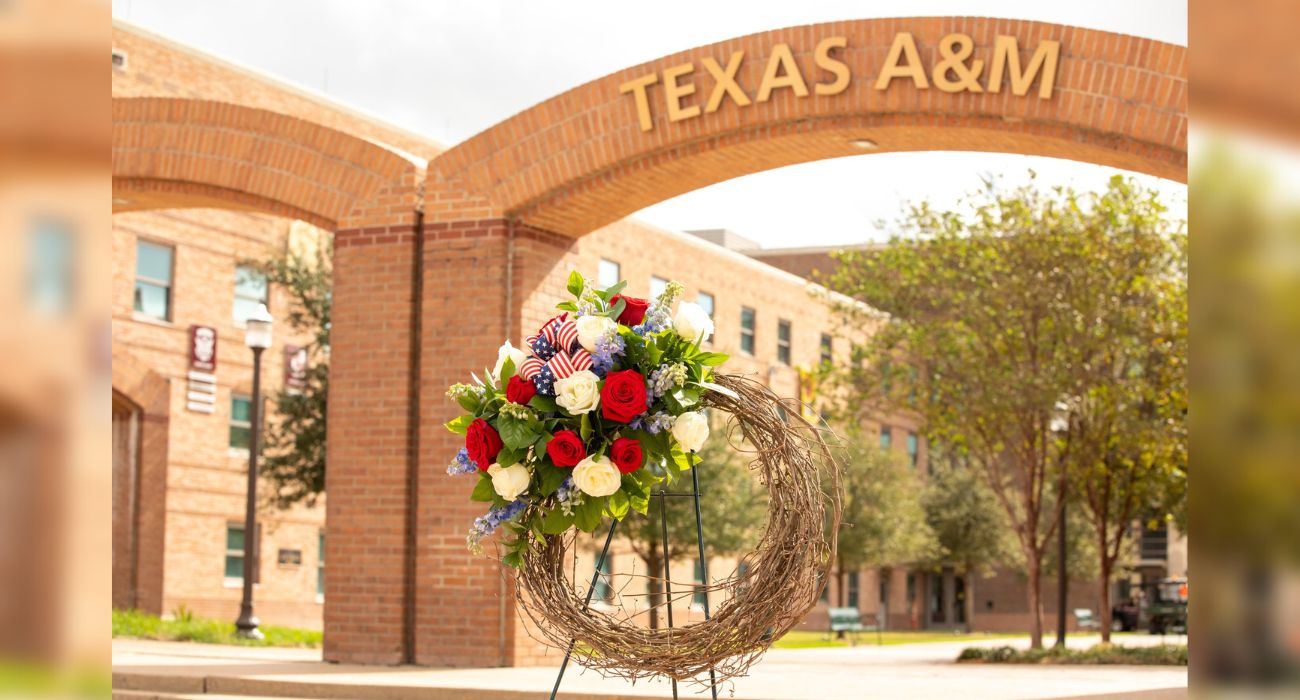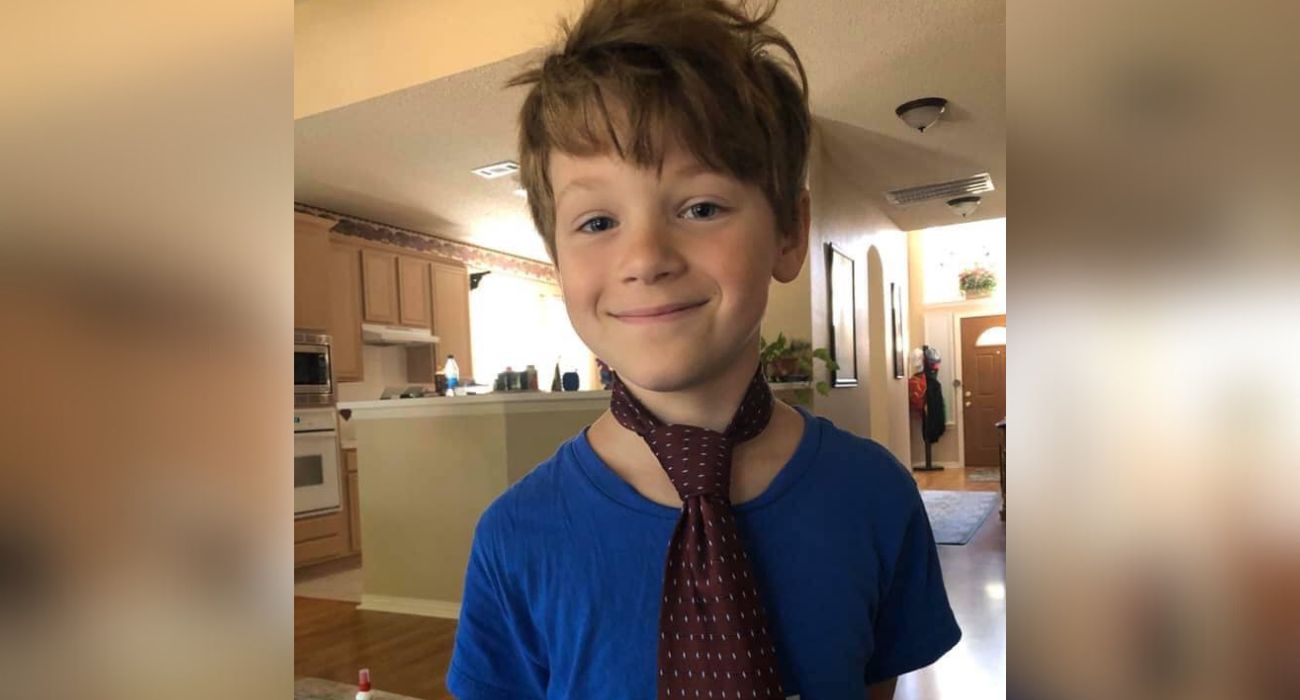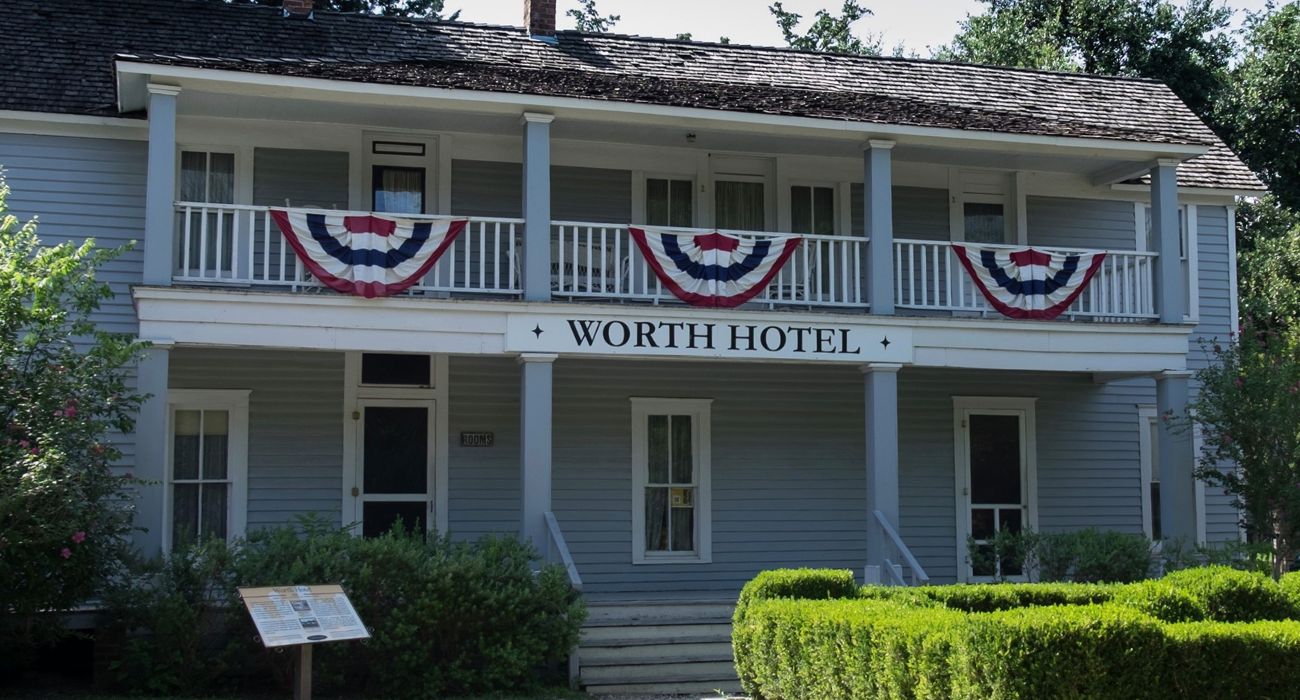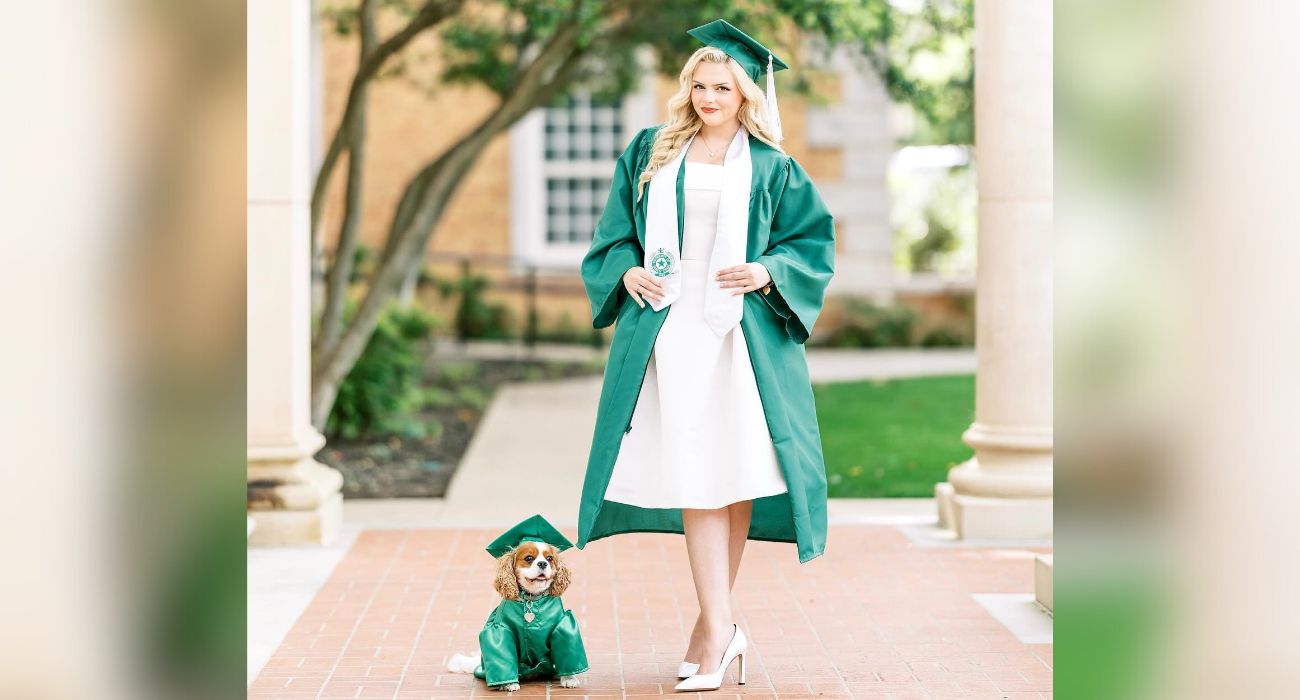Over the recent Veteran’s Day holiday, Texas A&M University student Tristan Krause prepared for an upcoming trip to Germany to work on his mission of bringing home missing soldiers.
Krause is a Ph.D. student and part of a team established by the U.S. military’s Defense POW/MIA Accounting Agency (DPAA), which searches for and recovers the remains of missing American soldiers.
Krause serves as the historian and the team also consists of anthropologists, archaeologists, geologists, geneticists, and more.
Data from the DPAA reveals that around 82,000 American soldiers are still missing, according to Texas A&M Today. These soldiers are from the Cold War, the Korean War, the Vietnam War, the Gulf Wars, and World War II.
Krause shared with Texas A&M Today that he finds this work gratifying.
“It’s a tangible, tactile form of history that’s fulfilling an important commitment,” he said.
History plays a key role in tracking down missing soldiers, Krause explained.
“The first step in finding someone is to thoroughly understand the context for what is essentially their worst day ever, which requires poring over an inordinate amount of historical sources,” he noted. “That helps us pinpoint the site for the dig. Once we’re on site, the historian is there to identify artifacts and continue piecing the story together.”
His first experience with this work was as an undergraduate, finding a WWII soldier in France, later identified as Walter “Buster” Stone from Alabama. Krause stated this trip is what inspired him to pursue graduate study at Texas A&M.
When looking into the school, he also got in touch with history professor Adam Seipp and learned about the department’s work with the DPAA.
“I spoke to Dr. Seipp on the phone when I was researching grad schools,” Krause told Texas A&M Today. “We clicked right away. He is familiar with the DPAA’s work and was an instant supporter. He explained to me that Texas A&M has a lot of ties to federal internships with the branches of the military and sends a lot of graduates to work at the DPAA. It felt like the right place for me and it has worked out great.”
Seipp is also the associate dean for graduate studies in the College of Arts and Sciences and oversees the school’s part in The Humanities Coalition. This coalition consists of 17 universities, according to Texas A&M Today, that share the mission of growing careers in the humanities.
“It’s consistent with the idea that the university should be beneficial and serve the wider state,” Krause said referring to the coalition’s work.
Over the past summer, Krause got to be part of two DPAA digs, one in Belgium and one in Sicily. He stated these digs are important for his future if he plans to continue working with the DPAA.






